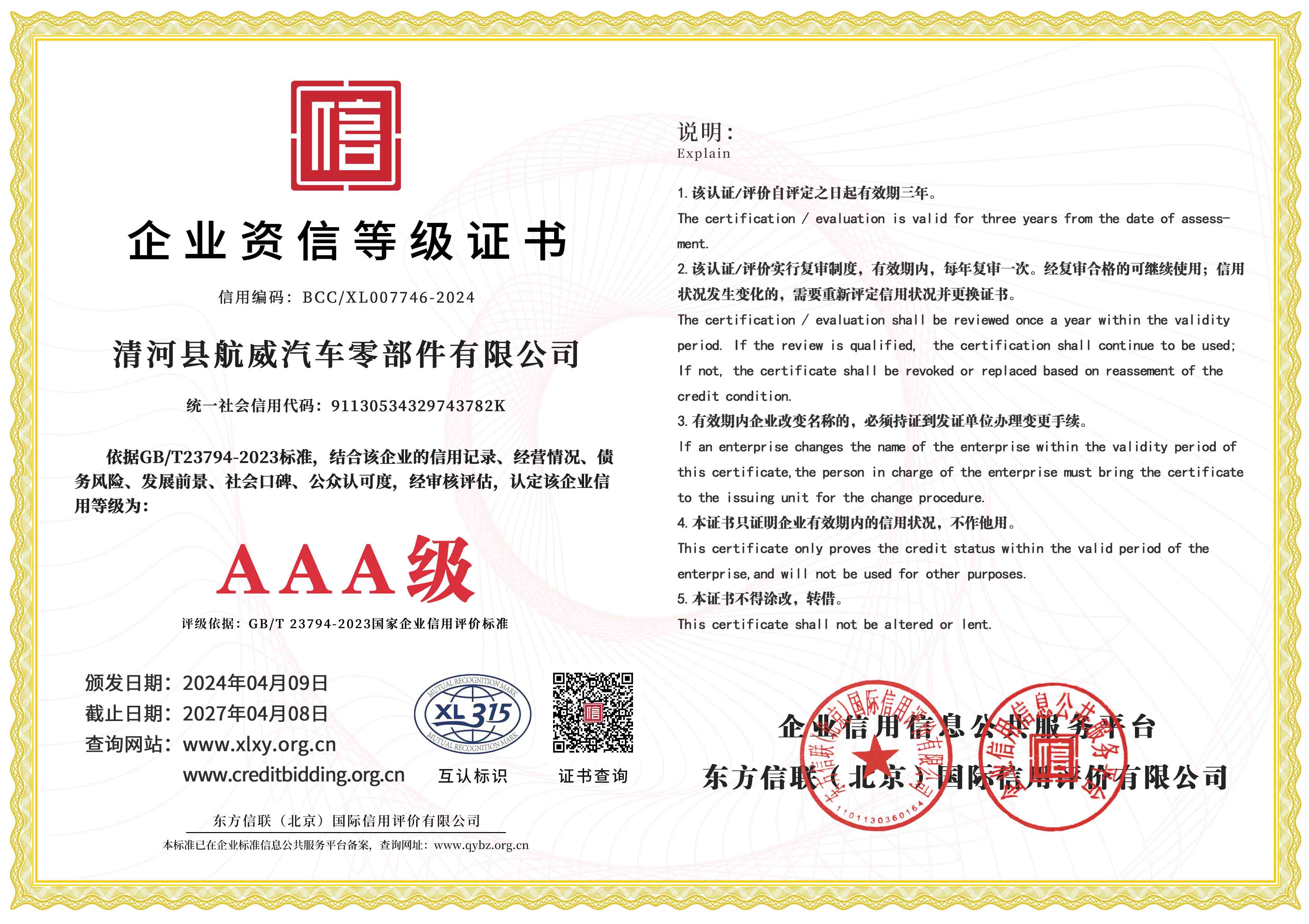Master Cylinder Clutch Line - High-Performance Clutch Solutions
Understanding Master Cylinder Clutch Lines A Key Component of Modern Vehicles
The master cylinder clutch line is an essential component in the hydraulic clutch system of modern vehicles. It plays a vital role in the operation of manual transmissions, which rely on a fluid-based mechanism to engage and disengage the clutch. Understanding the function and importance of the master cylinder clutch line can enhance one's appreciation for automotive engineering and maintenance.
At its core, the master cylinder is responsible for converting the mechanical movement of the clutch pedal into hydraulic pressure. When a driver presses the clutch pedal, a piston within the master cylinder moves, pressurizing the brake fluid in the system. This pressurized fluid is then transmitted through the clutch line to the slave cylinder, which in turn enables the disengagement of the clutch plate from the flywheel. This seamless operation allows for smooth gear shifts, which are critical for efficient vehicle operation.
The clutch line itself is typically made from durable materials, often reinforced rubber or steel, designed to withstand high pressure while maintaining flexibility. This design is crucial because the clutch system requires precise pressure control to function correctly. Over time, however, the clutch line can become worn or damaged due to factors such as heat, age, and exposure to various automotive fluids. A compromised clutch line can lead to fluid leaks, loss of hydraulic pressure, and ultimately a failure to disengage the clutch, resulting in difficulty shifting gears or a complete loss of clutch function.
master cylinder clutch line

Regular maintenance of the clutch system, including the master cylinder and its associated lines, is essential for vehicle reliability. This includes checking for leaks, ensuring that the fluid levels are adequate, and replacing any worn components as necessary. Drivers should be attentive to any signs of clutch line issues, such as a spongy pedal feel, difficulty in gear changes, or visible fluid on the ground beneath the vehicle. These symptoms could indicate problems with the master cylinder, clutch line, or slave cylinder, necessitating prompt inspection by a professional.
In recent years, advancements in automotive technology have led to the development of more robust hydraulic systems. For instance, some newer vehicles utilize electronic clutch control systems that monitor pedal input and clutch engagement more precisely. Nonetheless, traditional hydraulic systems remain prevalent, especially in older models and performance vehicles, where driver engagement and feedback are prioritized.
In conclusion, the master cylinder clutch line is a crucial element of a vehicle's hydraulic clutch system. Understanding its function and maintaining it properly can help ensure smooth operation and longevity of a vehicle's transmission. For anyone passionate about automotive mechanics or simply looking to maintain their vehicle, paying attention to the master cylinder clutch line and its condition is indispensable for a reliable driving experience.
-
Upgrade Your Vehicle with High-Quality Handbrake CablesNewsNov.01,2024
-
Optimize Your Bike's Performance with Quality CablesNewsNov.01,2024
-
Enhance Your Vehicle's Performance with Quality Clutch ComponentsNewsNov.01,2024
-
Elevate Your Vehicle's Performance with Quality Throttle CablesNewsNov.01,2024
-
Elevate Your Vehicle's Performance with Quality CablesNewsNov.01,2024
-
Affordable Solutions for Your Cable NeedsNewsNov.01,2024
